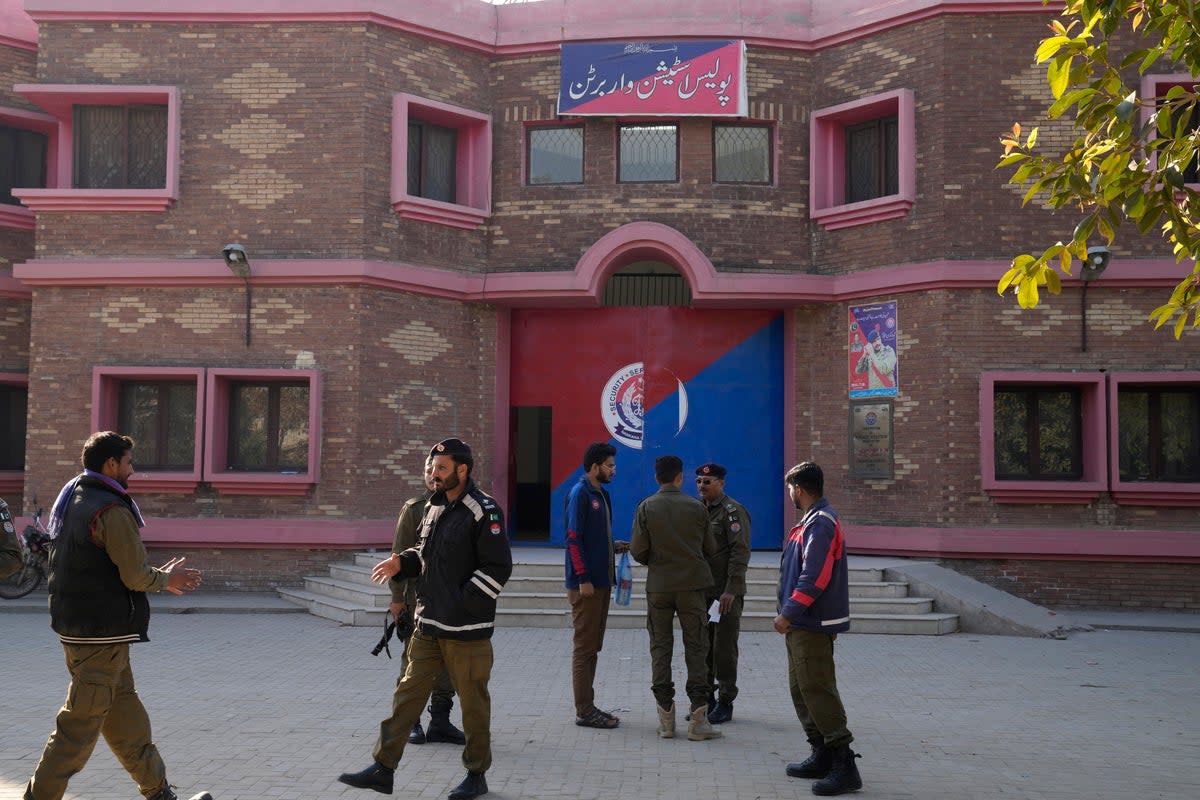Pakistan court awards death penalty to student, 22, and life term to teen for ‘blasphemous’ WhatsApp messages

A court in Pakistan awarded the death penalty to a 22-year-old student and a life term to a teenager accused of blasphemy, according to reports.
An additional district and sessions judge on Friday announced the sentences in the case of the student and a 17-year-old boy in Gujranwala over videos and photos sent over the phone, the Dawn newspaper reported.
The two suspects had been booked by the Federal Investigation Agency (FIA) on the charges of sharing blasphemous material through WhatsApp, and a case was lodged in Lahore, it said.
However, the case was referred by the Lahore High Court to a local court in Gujranwala for trial.
The plaintiff alleged he had received the videos and photos from three different mobile phone numbers. The FIA said that it had examined the plaintiff’s phone and established that “obscene material” had been sent, Dawn said.
Defence lawyers argued that the two students had been “trapped in a false case”, according to the paper.
The blasphemy law seeks the death penalty for anyone who insults Islam and its prophet Mohammad. It says that any “derogatory remarks, etc., in respect of the Holy Prophet either spoken or written, or by visible representation, or by any imputation, innuendo or insinuation, directly or indirectly shall be punished with death, or imprisonment for life, and shall also be liable to fine”.
The law is rooted in 19th century colonial legislation to protect places of worship and was strengthened as part of a drive to Islamise the state during the military dictatorship of General Mohammad Zia ul-Haq in the 1980s. Although no one has ever been executed, blasphemy convictions are common in Pakistan.
Most convictions are thrown out on appeal by higher courts, but mobs have lynched dozens of people in vigilante attacks even before a case is put on trial.

